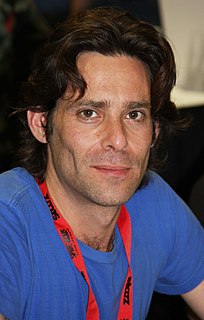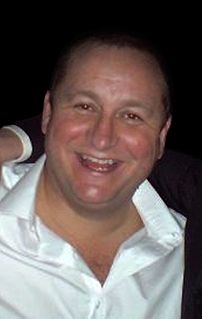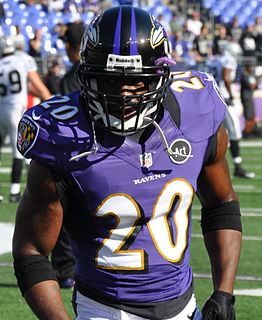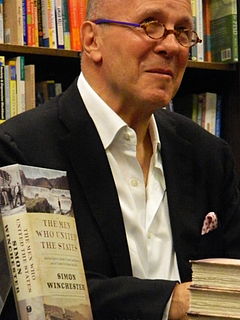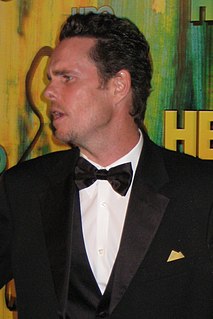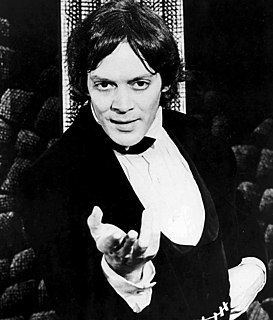A Quote by Bud Grant
If you have something critical to sat to a player, preface it by saying something positive. That way when you get to the criticism, at least you know he'll be listening.
Related Quotes
From university, I tried to get into the profession almost immediately, and just got kind of kicked back in London, by lots of people saying, "Well, you know, we'll need to see you in something. And the easiest way for you to get seen in something is drama school. That is the best way to get an agent."
I remember Chris Cooper saying to me - I was doing October Sky with him - and he said, "You know, you're just yelling at me." He's like, "You're just yelling. You need to listen." We were in a fight, and you know, oh you'd get so excited as an actor, you're like, "We have a fight, oh, I get to get mad." And he just said, "You need to listen." And I started listening - and then all of a sudden where I was listening was where, I don't know, anger became something else.
You have something to say. Something of your very own. Try to say it. Don't be ashamed of any real thought or feeling you have. Don't undervalue it. Don't let the fear of others prevent you from saying it... You have something to say, something that no one else in the world has said in just your way of saying it.
When I first prepared this particular talk... I realized that my usual approach is usually critical. That is, a lot of the things that I do, that most people do, are because they hate something somebody else has done, or they hate that something hasn't been done. And I realized that informed criticism has completely been done in by the web. Because the web has produced so much uninformed criticism. It's kind of a Gresham's Law-bad money drives the good money out of circulation. Bad criticism drives good criticism out of circulation. You just can't criticize anything.
You're talking to a modern, nice, affable German person and they're saying to you something like 'You know, vell, it's a critical time now for Germany within Europe, also globally, economically ve are pretty good, ve have been better. But ve are very vibrant in the theater and arts...' and all the time you'll be listening to this, you're thinking Mmm, yeah, mmm... Hitler, Hitler, Hitler, Hitler, Hitler.
On YouTube, you know, if you say something, you know, that triggers somebody, it becomes a whole controversy, a whole thing - and all the comments and everybody's upset, whereas a book, there's no comment section. There's no - there's nowhere for the audience to, you know, get mad at you for saying something.
In Korea, if a player makes a mistake, the other players don't like to point it out. Rather, they try to embrace it; they take the attitude, 'Let's do better next time.' But in the West, if you do something wrong, another player will make a point of saying something, and you will have to fix it immediately.
My parents thought, 'Oh, my God! What's wrong with him? He's possessed or something.' All of a sudden, I stood up and started saying my lines. From then on, that was it. I knew there was something special about the theater for me, something beyond the regular reality, something that I could get into and transcend and become something other than myself.

